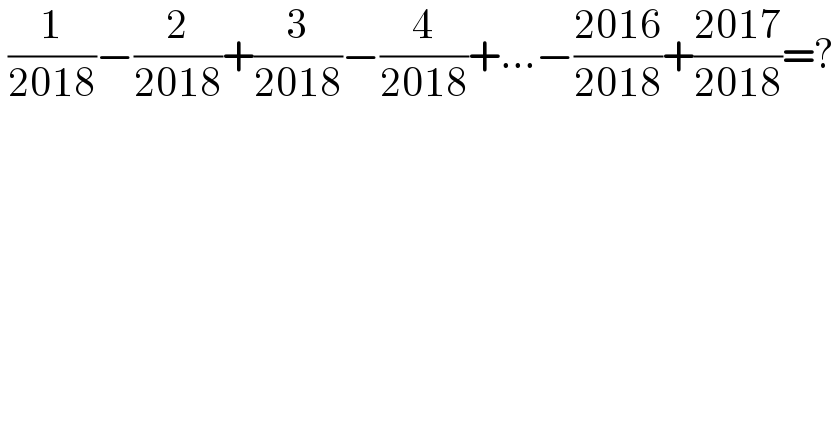
Question and Answers Forum
Question Number 142647 by iloveisrael last updated on 03/Jun/21

Answered by MJS_new last updated on 03/Jun/21

Answered by Olaf_Thorendsen last updated on 03/Jun/21

| ||
Question and Answers Forum | ||
Question Number 142647 by iloveisrael last updated on 03/Jun/21 | ||
 | ||
Answered by MJS_new last updated on 03/Jun/21 | ||
 | ||
| ||
Answered by Olaf_Thorendsen last updated on 03/Jun/21 | ||
 | ||
| ||